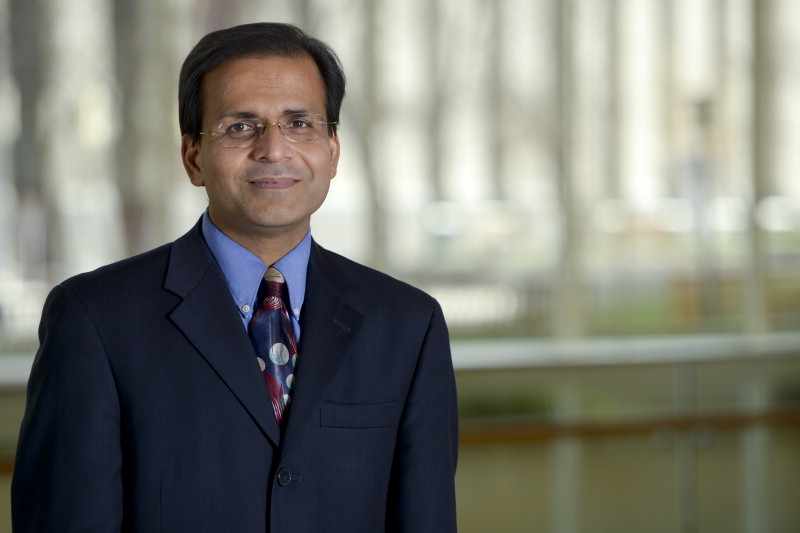
Dr. Amit Sood says, "The unpleasant truth is infinitely more precious than pleasant farce."
Dear friend,
We live in an epidemic of lying. Research shows that about 60 percent of adults lie at least once in a ten-minute conversation. About 40 percent lie on their resumes, and 90 percent lie on their online dating profiles.
Lies come in various types. Some of the well-known types include cover-up, exaggeration, fabrication, fraud, omission, half-truth, and perjury. Lies conveyed to exaggerate one’s credentials or get attention often reflect narcissistic disposition. Despite the bad press lies get, most lies are benign, particularly the ones spoken to avoid conflicts or prevent someone from getting physically or emotionally hurt. A lie spoken to avoid major discord and maintain law and order is often called a “noble lie.”
Truth should always be the desired option. Truth, however, can taste bitter. When someone tells me, “Do you really want to hear the truth?” or “Let me tell you the truth,” I often cringe. I cringe because here comes the deluge of bad news or negative feedback. I don’t look at hearing the undesirable as, “Aha! Here is the opportunity to learn and grow.”
Speaking the truth makes you vulnerable. Truth tellers are often seen as adversaries or tough nuts. My mind would rather hear the pleasant. Pleasantness is sweet to the ears. But sweetness isn’t always healthy.
If I wish to hear the truth, I shouldn’t trash the truth teller. I shouldn’t tell others what I want to hear. I should open my arms to the truth and actively seek it. I should also integrate the truth into my life.
Choosing not to hear the truth isn’t just a matter of preference. Ignorance can hurt a lot of people, particularly if you are in a position of power. Ignorance is also a poor escape from accountability. (Intentionally choosing not to learn about details that matter has a legal name—“willful blindness.”) Many corporate leaders who drove their companies into the ground tried to use ignorance as their shield. But this was a cracked shield. They were rightly convicted of corporate fraud.
If I wish to grow, I need at least a few people who can tell me the facts as they are. I will only have such people around me if I am humble in receiving the reality as is. I should appreciate and adore the truth tellers, actively seek the truth, and correct my mistaken beliefs and actions. That is my only hope to be of greater value to the world.
May you have the courage to speak, listen to, and accept the truth; may you be surrounded by people who seek to listen to and speak the truth.
Take care.
Amit
Read Dr. Sood's blog posts and follow @AmitSoodMD on Twitter.
Dr. Sood is director of research in the Complementary and Integrative Medicine Program on Mayo Clinic's Rochester campus in Minnesota. He also chairs the Mind-Body Medicine Initiative at Mayo Clinic.







